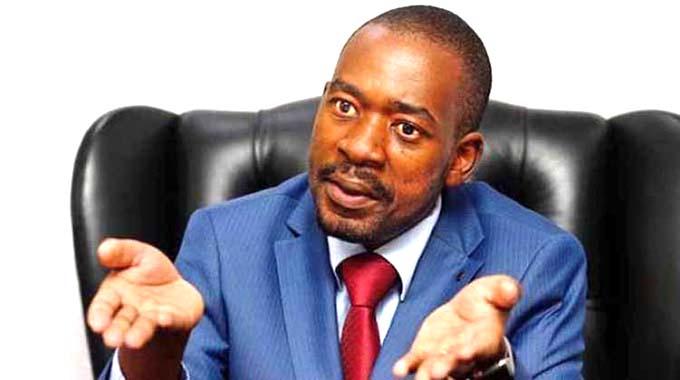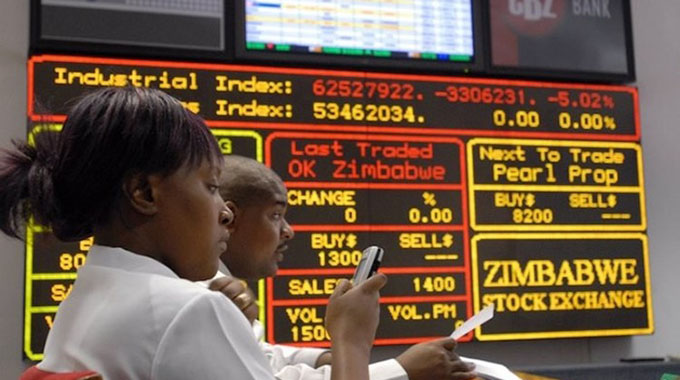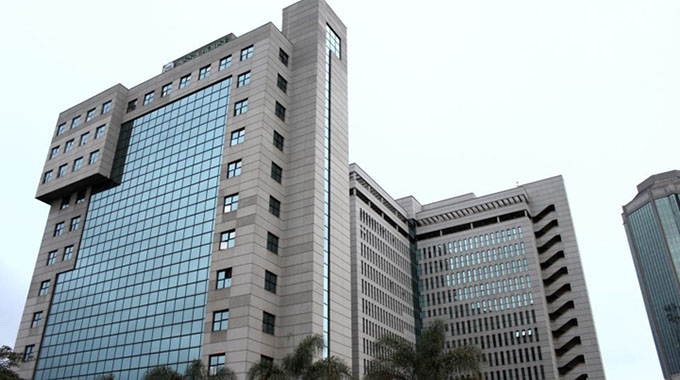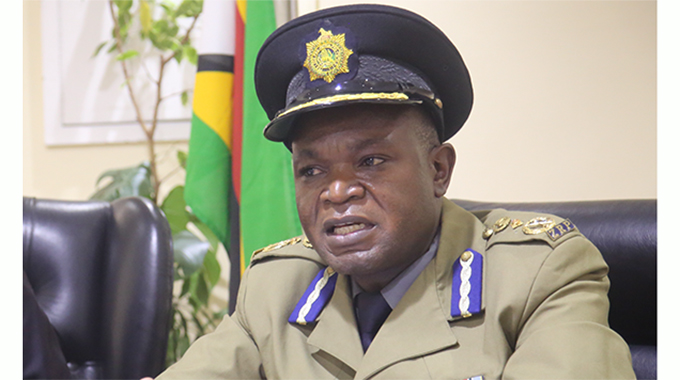Editorial Comment: Time MDC-A wakes up, smells the coffee

Zimbabwe’s leaders are increasingly speaking with one voice against economic sanctions that were imposed by the West on Zimbabwe.
We reported yesterday that the Political Actors Dialogue (Polad) group visited the United States Embassy to engage that country’s officials on various issues, among them, the need for sanctions to be lifted.
Leaders of indigenous churches had at the weekend spoken loudly against sanctions, which they see as a curse pronounced on this country by its detractors.
The same view is held by leaders of the different business organisations, farming organisations and many other opinions leaders.
Only the Mr Nelson Chamisa -led MDC-Alliance still supports sanctions.
He does so not because the sanctions are good, but he sees them as a tool to undermine the ZANU PF Government and enhance the opposition’s electoral chances.
By taking this position, MDC-Alliance is clinging onto a position that is clearly not in the national interest, one that is not sustainable.
Sadc and the African Union (AU) have pronounced themselves on the issue of sanctions.
Last August, Sadc organised marches in all members states to call for the removal of sanctions.
Mr Chamisa is being naive to carry out diplomatic missions in the region and on the continent without first acknowledging that President Mnangagwa is the legitimately-elected leader of Zimbabwe and that sanctions must be removed.
Wherever he will go in Africa, he should expect to hear the same message.
He is wasting his time trying to convince pan-Africanists like former South African president Thabo Mbeki, to mediate in dialogue if he does not understand certain principles of important African bodies such as Sadc and AU.
Generally, African governments and people abhor interference in their affairs by their former colonisers. They agree on certain ways in which they conduct their elections and these may differ from Western standards.
Sadc, for example, has its own protocols and standards governing elections, which they use in election observation. Once elections have been held according to those standards and in compliance with the country’s laws, the matter is settled.
Failure to understand this will keep Mr Chamisa and his backers going round in circles.
The US embassy in Botswana was recently embarrassed when it tried to put words into the mouth of Sadc Executive Secretary Stergomana Lawrence Tax, which were not consistent with agreed Sadc positions.
She quickly rebuffed the claims.
Sadc works by consensus and there is no way a single country or individual can impose a view on the region.
Since the political differences in Zimbabwe started at the turn of the millennium, the Americans and the British have tried in vain, to dictate the Sadc position.
During the First Republic, there were many nights when the Zimbabwe issue dragged on and on, with the likes of former Botswana President Seretse Khama Ian Khama pushing a Western agenda. But Sadc remained true to its principles and took positions that had been agreed to by consensus.
We do not expect Sadc to act differently. They understand the Zimbabwe question well — its history and who exactly is behind the destabilisation.
They also fully appreciate the importance of Zimbabwe in the region and will continue to push for peace and stability. A peaceful and prosperous Zimbabwe is good for the entire region.
The AU will be meeting later this month and we expect that it will remain consistent in how it deals with issues on the continent.
When it comes to Zimbabwe, it will always defer to the Sadc position.
The only regional grouping that we can expect to take a different view about the situation in Zimbabwe is the European Union (EU), which also meets later this month to review its position on Zimbabwe.
We have seen a lot of mellowing of positions by European countries following the re-engagement efforts of the Zimbabwe Government under the Second Republic.
A lot has been invested in normalising relations with the United Kingdom, which was the chief sponsor of the EU position.
Genuine reforms have been carried out by the Government to address most of the concerns raised by the international community.
If the EU is sincere it should be able to come to the same conclusion as the AU and Sadc.









Comments